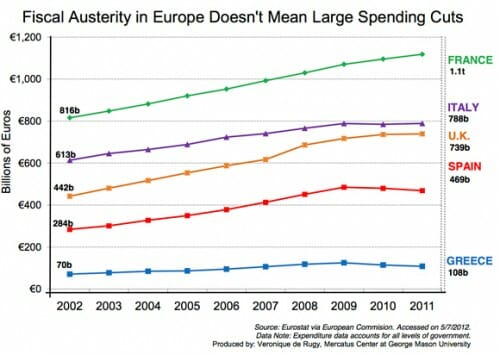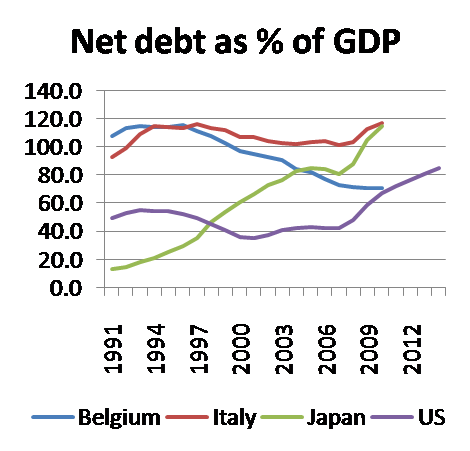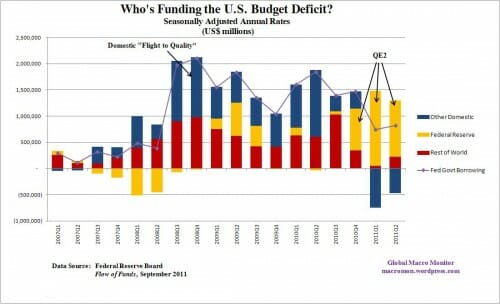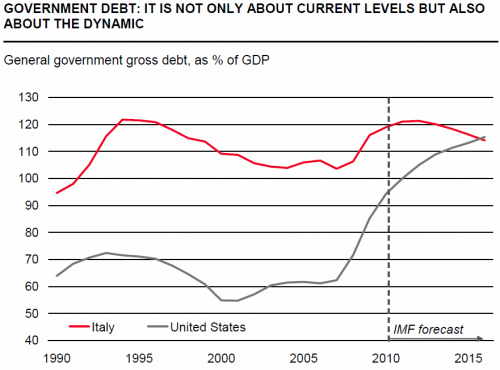Attention Lawyers, We need a Hand, Not a Brain: A Licensing Parable
Several sites have reposted this Craigslist ad, gasping in shock at it as evidence of massive foreclosure fraud
We are a collection agency/debt buyer. What we are looking for is a part time attorney to work for us as our corporate counsel, on our payroll, about 5 to 6 hours a week. This is a short term employment arrangement, no longer than 90 to 120 days.
Your job will be to sign pleadings, praecipe for entry of appearances, praecipe for writ of execution, and garnishment orders. Our paralegal will prepare all paperwork for your signature. This is very standard stuff for us.
If you are an attorney looking for challenging legal work, this is not for you. WE DO NOT NEED F LEE BAILEY- we are fee shopping. If you passed your boards with a D+, and you can sign your name, you possess all the credentials required for this job. If this opportunity interests you, please feel free to reply to this email with a brief description of who you are, when you got your law license, and what you will be needing from us in the way of compensation.
I would instead offer it as a lesson in the stupidity of state-enforced professional licensing arrangements. Let me rewrite it:
We have all the legal knowlege we need. We know exactly what the forms look like and mean. We have written all the documents and tested them over time during our long presence in this business and we know them to meet our legal needs. We have no need, in other words, for legal help.
However, attorneys have gotten together and created an attorneys guild, and, what's more, have convinced the government to pass laws that require membership in the guild to perform certain gate-keeping functions. In our case, we need a member of the guild to sign some forms to make them legal, both because the guild has strong influence and because certain folks have convinced everyone that all mortgage pain in this country came from having a machine perform this signature function rather than a flesh and blood hand. So we need a flesh and blood hand rather than a machine to sign foreclosure documents. Unfortunately, that hand has to be attached to a brain that has passed the bar exam, and because the guild is pretty good at limiting its membership, we expect to have to pay an absurd amount of money for this trivial function that could be duplicated by a six-year-old (and used to be performed by a simple $100 machine).
Don't get us wrong -- if we were on trial for our lives or facing a nasty, complicated lawsuit or wanted to draft a custom contract to protect our interests, we would be very happy to consider the opinion of third party licensing groups as to the merit of a particular attorney. Ironically, though, even then current licensing would be absurd, for in this case it would not greatly exceed our quality requirements (as it does for signing our foreclosure paperwork) but it would vastly undershoot our need due diligence needs. Perhaps there is some legal function for which attending an ABA-accredited school and passing the bar exam is the perfect level of quality assurance, but we have not found it yet.







